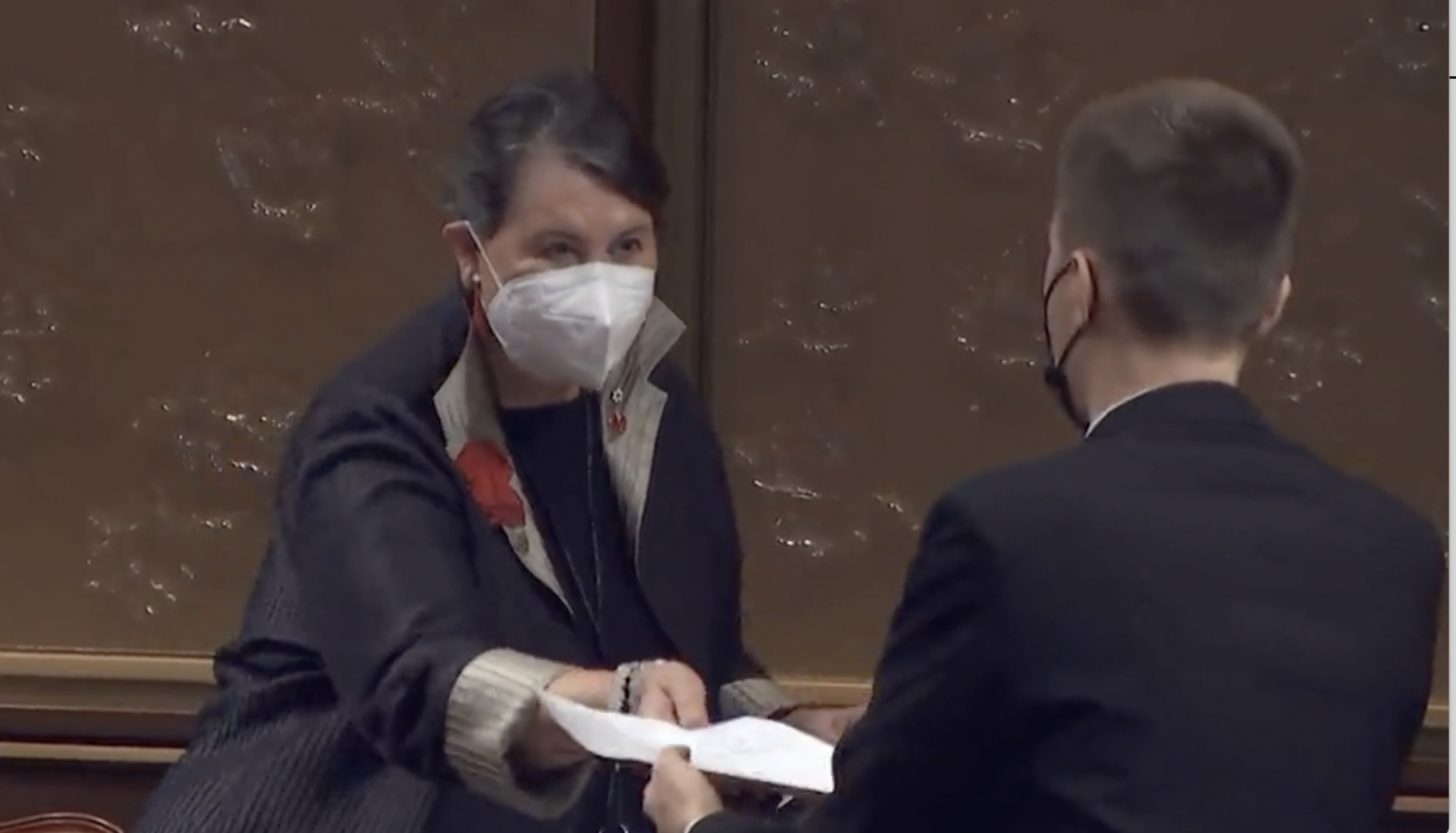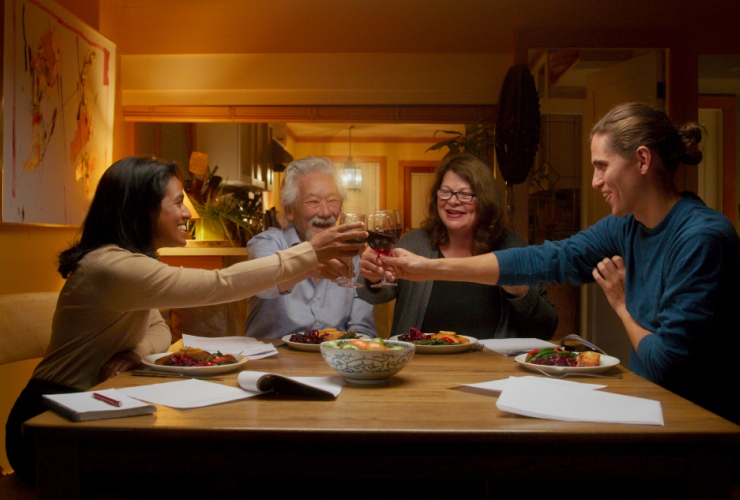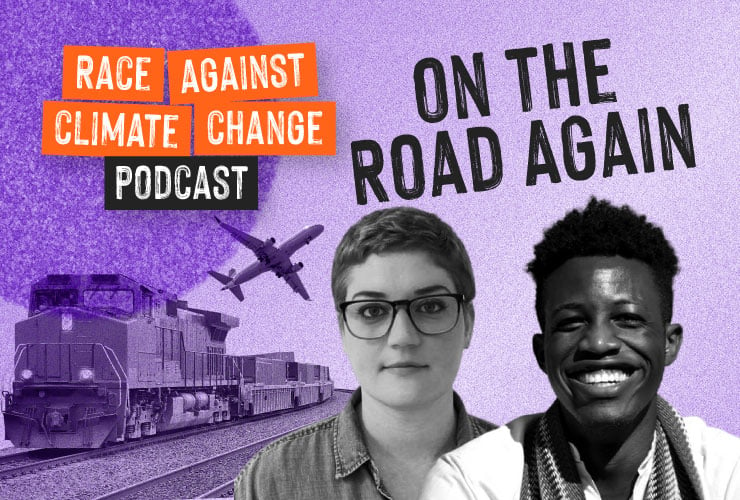As Canada and the world see increasingly frequent examples of climate chaos by the week, the slow legislative move to give more of a say to those who will have to deal with it started over again in Ottawa.
When Parliament was dissolved for the election last summer, a slate of pending bills went with it, but Sen. Marilou McPhedran rose late last month to put one of them back on the table.
The newly named S-201 she sponsored has passed first reading, and McPhedran and its supporters hope the effort will eventually lead to Canadian citizens aged 16 and 17 winning the right to vote.
The Independent senator from Manitoba hopes the move might revitalize the country’s democracy, while some youth advocates said it was beyond time these teens get a bigger say, specifically on climate policy.
“It's becoming increasingly evident that the climate crisis is here and it requires robust actions now,” said Manvi Bhalla, who advocates for a louder political voice for young people as president of the group Shake Up The Establishment.
Just last month, three major storms featuring so-called "atmospheric rivers" battered British Columbia, destroying critical infrastructure. The storms followed devastating wildfires and summer heat waves that represent a lethal mix of cascading climate impacts from a warming planet.
Bhalla said what happens now will determine humanity’s future and that of the world’s landscapes and other beings — and young people deserve to have a say.
“Youth have no stake in the game but our futures and deserve to have a say in shaping this future given that we were born into this crisis with no sense of agency over its inception,” she said.
The voting rights push, meanwhile, made sharp progress in Germany over the summer, with the three parties forming its next coalition government all committed to lowering the voting age to 16.
“It’s not as radical an idea as many might think,” said Sara Austin, the chief executive at Children First Canada, a key backer of a separate legal challenge launched on Tuesday by young people in an Ontario court.
That brief argues youth are just as capable of making rational voting decisions as those over 18 and that the applicants have been denied a constitutional right to avoid discrimination based on age.
“Imagine if 16-year-olds could vote about the future they want,” said Catherine McKenna, Canada's former climate change minister who did not seek re-election in 2021. “They'll be 45 in 2050 when we need to be net-zero. I'll be 80.”
“I want to hear their voices now about what we need to do to get there. They'll live far longer with the consequences of our action or inaction,” she said in tweets supporting McPhedran’s bill.
For Bhalla, young people hope for an equitable, healthy and sustainable life — a slow life — and know what needs to be done to make it happen.
“It is beyond time to recognize and legitimize their intelligence and passion as an ends to meet these goals,” she said.
Morgan Sharp / Local Journalism Initiative / Canada’s National Observer
Sorry, and forgive me if I'm
Sorry, and forgive me if I'm misinterpreting the point of this article, but is the senator or anyone else saying that getting better climate policy is a good reason to change the minimum voting age? Because I would not like to see changes to voter demographics become an accepted way to influence election outcomes.
To be clear, I'm not saying here that I'm against changing the minimum voting age; nor that I don't want better climate policy in our country. I just want to be reassured that nobody is advocating new "dirty tricks" to game elections.






Comments